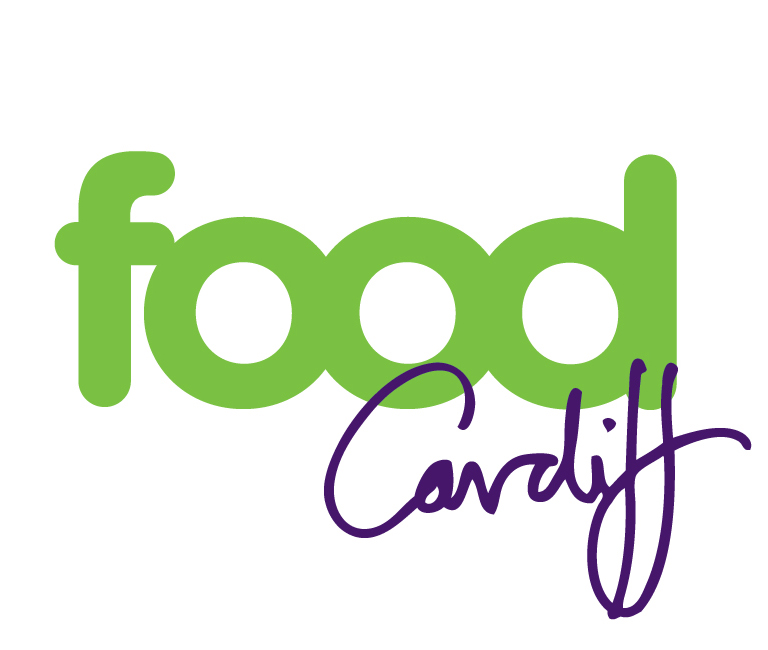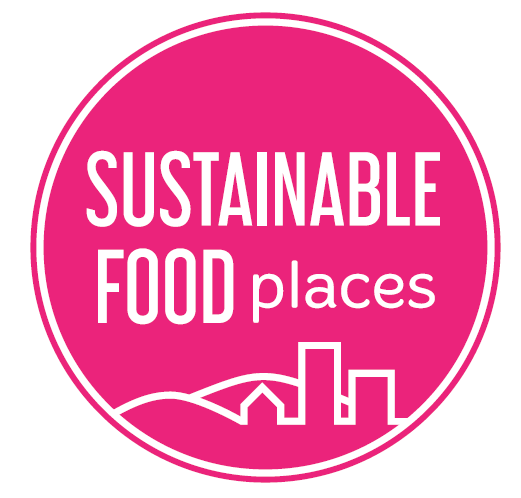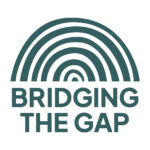Starting the day the best possible way: improving the Welsh primary breakfast offer – a guest blog by Ellie Harwood from Child Poverty Action Group
In March of this year, Child Poverty Action Group (CPAG) and Parentkind published the results of a research study that sought to understand more about the availability and accessibility of breakfast and afterschool clubs in Wales. Here, Ellie Harwood from CPAG discusses those findings and what action needs to be taken next.
The Welsh Government’s universal primary breakfast programme turns 18 this year. Since the policy began, 10 million free healthy breakfasts have been served to children in Welsh primary schools. The policy started with twin aims – to improve educational attainment by providing every child with the opportunity to eat a healthy and nutritious breakfast before the school day, and to reduce the practice of ‘breakfast skipping’, and thereby establish healthier eating patterns from early childhood onwards.
Universalism is a key feature of the Welsh primary breakfast policy. The regulations make explicitly clear that, when schools choose to provide free breakfasts, every learner must be able to access the offer, without means testing or other criteria to determine entitlement. A Cardiff University evaluation of the scheme found that the universal nature of the provision might help to reduce socio-economic inequalities in the consumption of healthy breakfast items, and the practice of breakfast skipping.
Parents and carers also recognise that breakfast clubs offer a range of additional benefits for their families. Child Poverty Action Group and Parentkind recently surveyed 7000 Welsh parents and carers about their reasons for using school breakfast clubs for their children. As well as providing a nutritious breakfast, families also told us they used school breakfast clubs to help them get to work on time, because their children enjoyed playing with friends before school, and because it was easier than providing breakfast in the house. Crucially, a significant number of families also said that it helped to reduce the cost of living for their household. Families living on a lower income were almost twice as likely as the wider sample (23% compared to 13%) to say that using breakfast clubs helped them with living costs.
However, our survey also revealed concerning patterns in access to free breakfasts at school. Around one in 10 households told us they would like to send their children to a primary school breakfast club but were unable to access a place – most typically, because there weren’t enough spaces to accommodate their child, or because their school didn’t run a breakfast club at all. Worryingly, lower-income families were more likely to say they needed a breakfast club place but couldn’t access one – with one-in-7 telling us this was the case for their household. Subsequent research by Magic Breakfast has shown that only 81% of Welsh schools currently have free breakfast provision on offer.
With the cost of living soaring and child food insecurity growing worse, it is essential that all children who need a free breakfast can get one. School leaders tell us they need Welsh Government to provide additional funding and support so the free breakfast offer can be truly universal. CPAG are urging the Welsh Government to use the rollout of universal primary lunches to ensure that all primary schools can also offer a free breakfast to every child who needs one.
A guest blog written for Food Sense Wales by Ellie Harwood, Wales Development Manager, Child Poverty Action Group








